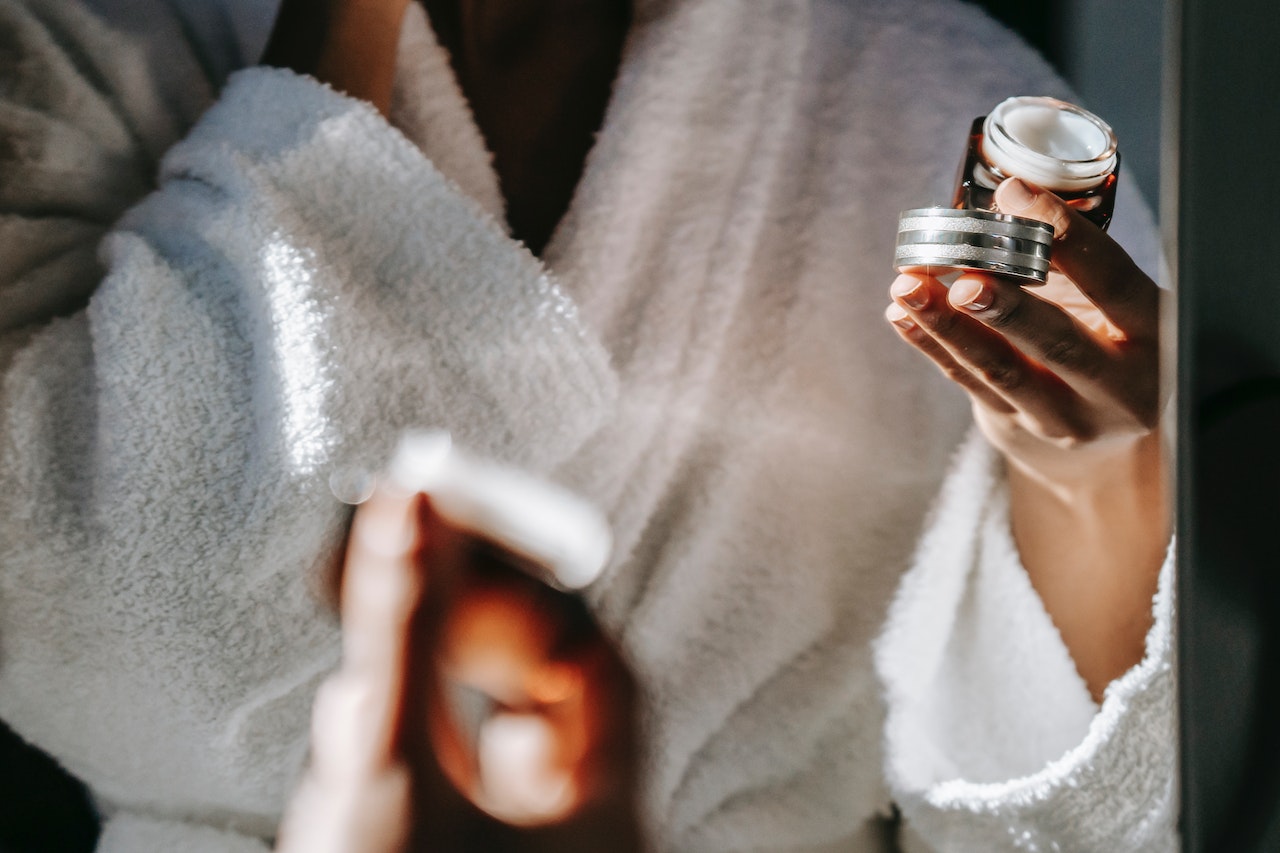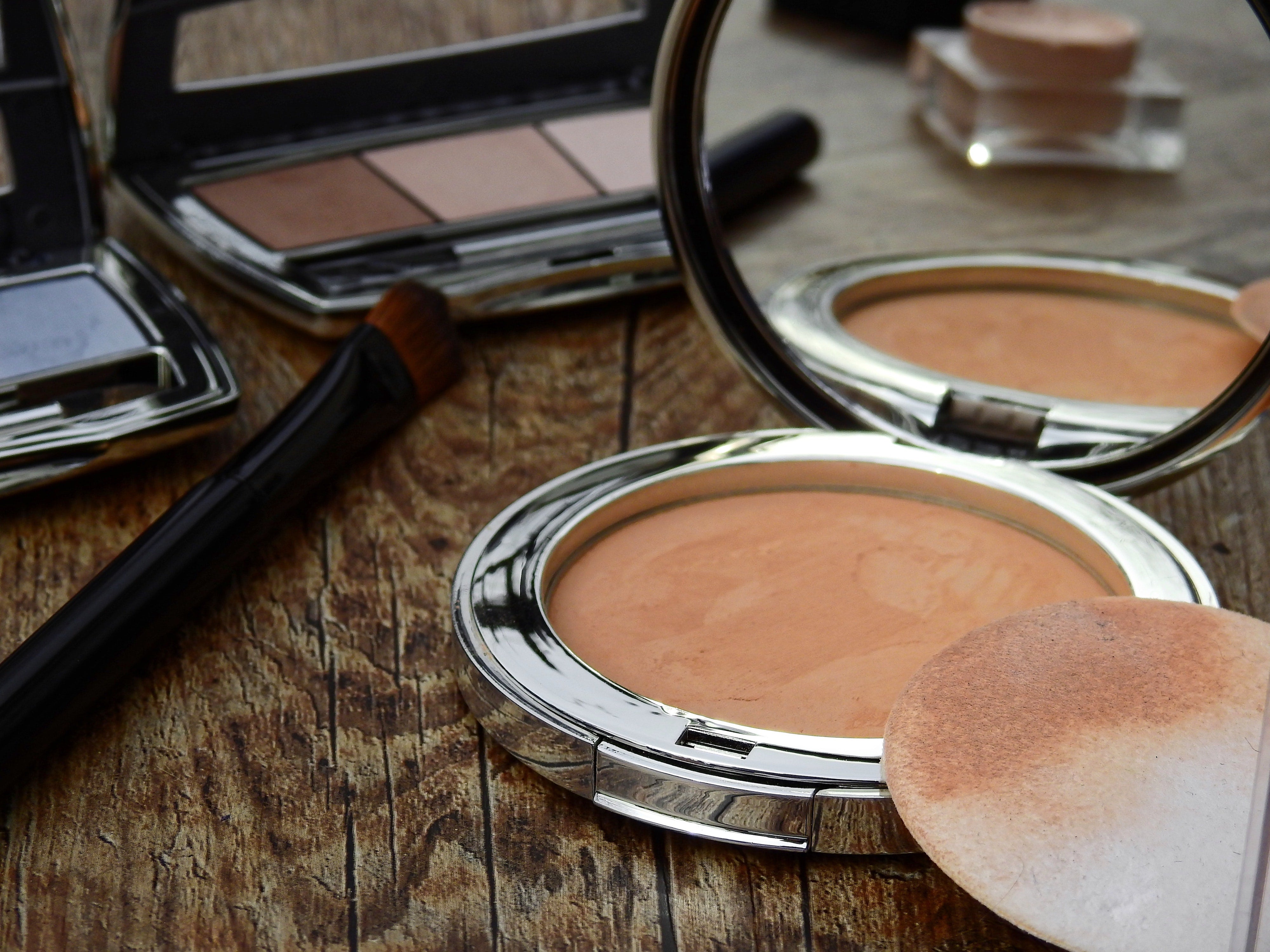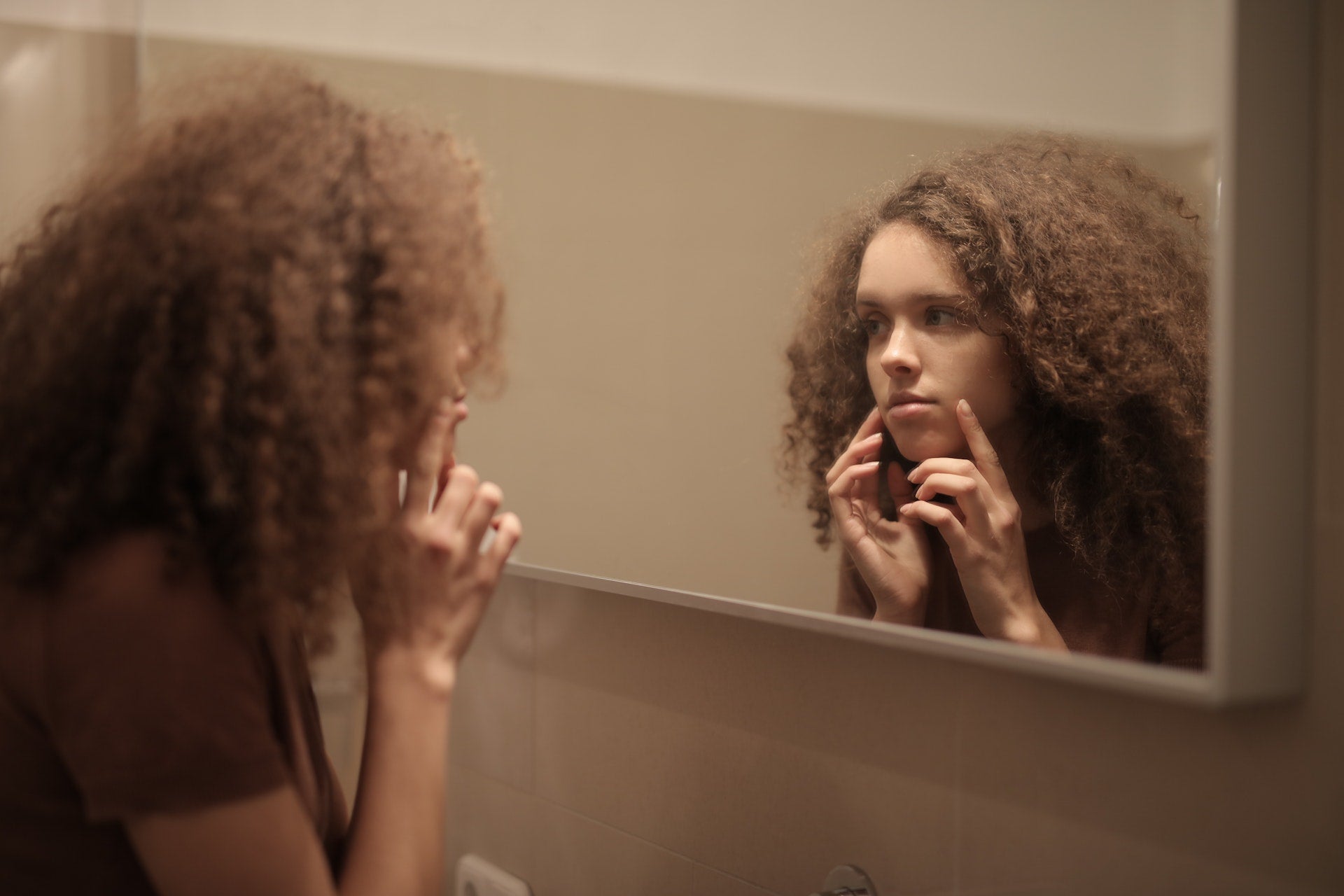
The Difference Between Bakuchiol and Retinol
Retinol has been a popular ingredient in skincare products for a while now. Especially when it comes to aging and acne. But is it everything it’s cracked up to be?
For those that have more sensitive skin, it’s something of a letdown. Retinol tends to be too much for sensitive types meaning no retinol benefits for you. That is until the introduction of bakuchiol.
Bakuchiol has been dubbed the “miracle ingredient” by skin enthusiasts. It acts like retinol but has none of the cons of it. Yet since its results are so similar to retinol, it’s led to a lot of confusion.
Questions like What are the differences between bakuchiol and retinol? Which one is the best choice for you and your skin?
Let’s break down the differences between them. That way, you’ll be able to breeze down any skin care aisle with newfound knowledge.
What is Retinol?

Retinol was introduced to the skincare market in the 70s. It boasts amazing benefits from healing acne scarring to preventing aging. Of course, it continues to be used as such to this day. And people continue to swear by it.
The big question is where does it come from, right? Retinol is a vitamin A derivative. It goes through a process called acidification to extract it from its source. Which means that it’s not a naturally occurring ingredient. And that’s where it can get sticky if you’re a vegan.
The thing is, not all vitamin A is derived from plant sources. Some of it can be derived from animal sources as well. So when it comes to retinol, it’s important to check labels to make sure that you’re using vegan retinol.
Another point to note is that retinol should be relegated to a night routine. It can make you extra photosensitive. Even if you don’t use retinol during the day, it’s still a powerful ingredient.
People who don’t typically have skin sensitivities can be sensitive to retinol because of its potency. With that in mind, it doesn’t bode well for those that are sensitive by default.
The side effects of retinol can include redness, itching, burning, dry skin, and flaking. It can make your skin more sensitive to the sun which makes you more prone to sunburns.
Depending on the product that you use, your results can vary wildly! Yikes.
If you’re one of those people who have wanted to reap the benefits of retinol, minus the downsides, you may want to consider bakuchiol.
What is Bakuchiol?

Even though bakuchiol (pronounced ba-koo-chee-all) has been buzzing in skincare recently, believe it or not, it’s nothing new. It’s been used in Ayurvedic and Chinese medicine for centuries for all kinds of ailments.
Similar to today, it was used for skin care. But it was also used for removing blood impurities and healing bone fractures.
It’s derived from the leaves and stems of the Babchi plant, which is a flowering plant with mint-like leaves and lilac blooms.
This makes bakuchiol vegan and all-natural by default since it’s extracted from the seeds and leaves of the plant. Meaning that you won’t have to worry about reading labels when you use them.
And while bakuchiol is often compared to retinol, it’s not a retinol at all. From a molecular level, their molecules are completely different sizes. They have different active ingredients and different methods of extraction.
While retinol is produced synthetically, bakuchiol is extracted through a process called emulsification. This means that the plant is cold-pressed to get its oils. No extra steps are needed.
And while we can’t speak to blood purification or bone fractures, we can speak to how amazing the skin care results are.
What Are the Benefits of Bakuchiol?
Bakuchiol is such an incredible ingredient because it’s friendly for all skin types. It doesn’t matter if you’re dry, sensitive, or oily. Bakuchiol can benefit you! It’s non-drying and speeds up the process of cell regeneration.
It’s anti-aging and anti-inflammatory. It also contains a ton of antioxidants to protect you against free radicals that seek to damage your skin.
And you don't have to worry about bakuchiol making your skin more sun sensitive, unlike retinol. So go soak up those rays worry-free! (With sunscreen, of course.)
After using it for a few weeks, you may start to notice a more even, dewy skin tone. You may also notice a reduction in wrinkles and fine lines.
Yes, all this and more without the burning, itching, or other negative side effects that retinol can have.
Sounds Amazing! What Should I Try First?
If you’re looking to add bakuchiol to your skincare routine, look no further than our Forever Radiant Kit. It’s the only kit you’ll need to prevent signs of aging. It’s infused with over fifty natural-based ingredients.
And yes! One of those incredible ingredients is bakuchiol.
Our No.2 Refining Cleansing Nectar and No.3 Invigorating Renewing Elixir have bakuchiol in them. They work to make skin smooth and bright. Our Renewing Elixir is gentle enough that you can use it 2-3 times a week if desired.
For our Refining Cleansing Nectar, just shake to mix, apply with a cotton round and go! No water is necessary for this routine. Meaning you have the versatility of an at-home routine. Or one that you can take with you on the go! Cleaning your skin has never been easier.
The Takeaway for Bakuchiol and Retinol
Retinol is a powerful ingredient that’s done amazing work for a lot of people who have used it. However, anyone with sensitive skin wasn't able to hop on this trend. But with Bakuchiol, you don’t have to feel down or left out anymore.
If you’re a more sensitive skin type and have been dying to try retinol for its numerous benefits, give bakuchiol a try instead. With its sensitive-friendly, acne-fighting qualities, you can achieve the amazing results you’ve been hearing about.
Check out our shop for the products mentioned above to find your ideal skin care regimen and more. Everything is made with sensitive, break-out-prone skin in mind.
And who knows? Maybe you’ll find your new best friend in skin care.
Sources:





